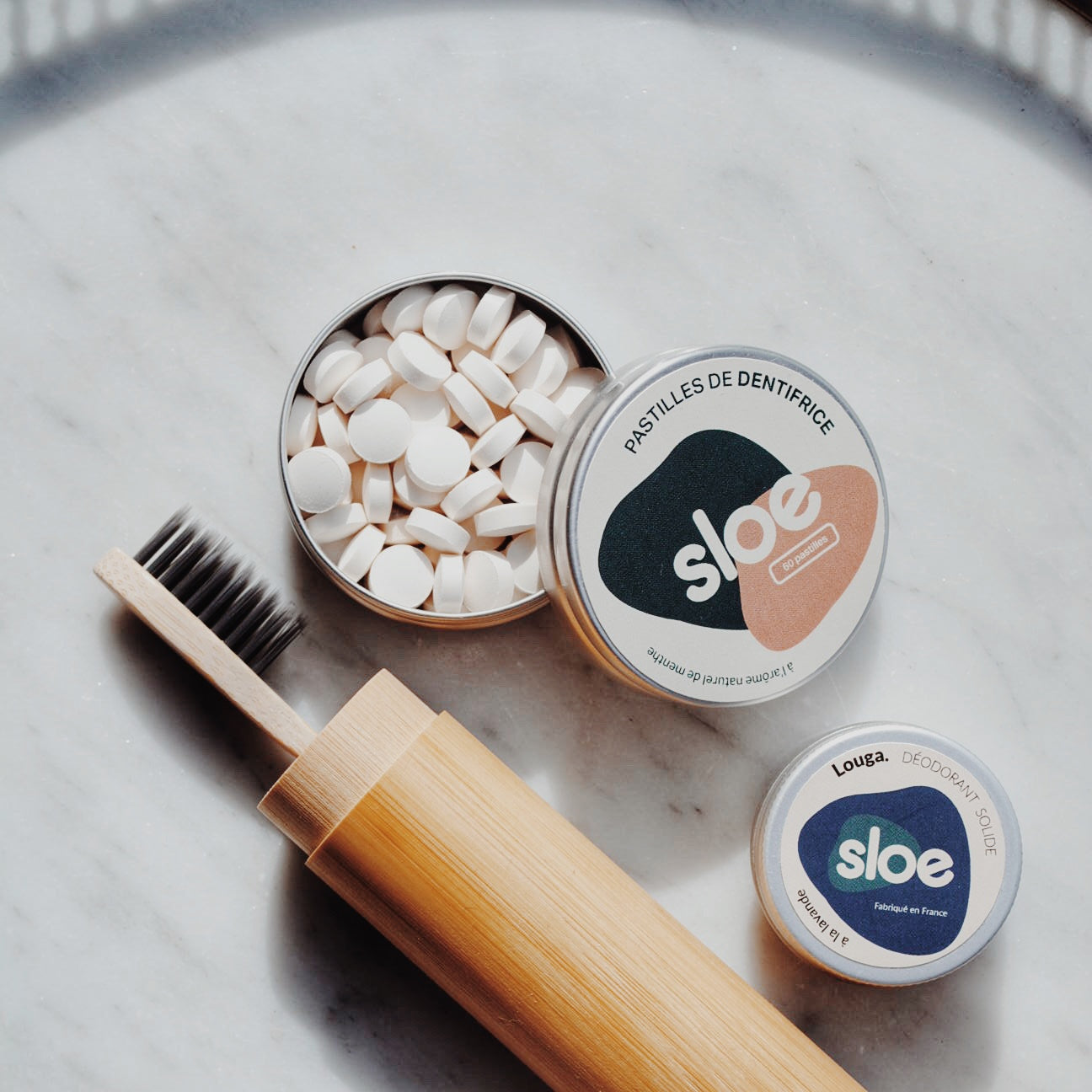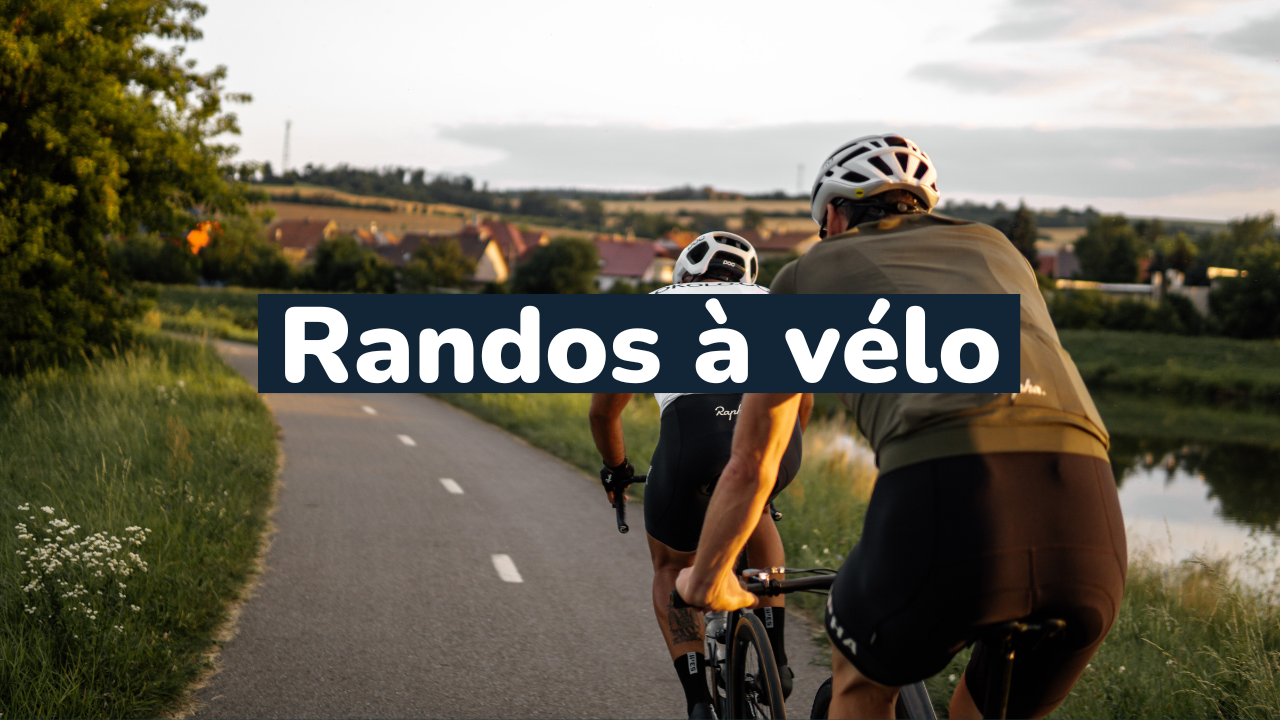
Solid and natural toothpaste, what are the advantages?
In the solid cosmetics family, I ask for toothpaste.
However, today there are many alternatives and solutions to brush your teeth without putting yourself in danger. Because if the advantages of using a solid and natural toothpaste are above all ecological, the positive effects are especially valid for our health.
A new hygienic and plastic-free routine
As a reminder, ceach year,no fewer than 100,000 marine mammals and nearly a million seabirds die due to following plastic ingestion. A finding that is all the more alarming when we know that in 2050 we will find more plastic in the oceans than fish.
 As evidenced by this photo from 2015 where we discover a Hermit Crab having taken up residence in a toothpaste cap. A worrying cliché which warns of the sustainability of plastic and its omnipresence in marine environments.
As evidenced by this photo from 2015 where we discover a Hermit Crab having taken up residence in a toothpaste cap. A worrying cliché which warns of the sustainability of plastic and its omnipresence in marine environments.Refuse waste
The plastic tube is also one of the worst packaging options in terms of waste. In fact, 4% of the toothpaste used remains in the tube when it is thrown away. This represents a waste of 70,000 tons of toothpaste each year worldwide. The packaging of these products is also generally made of plastic and represents the vast majority of plastic pollution on the planet.
Refuse to poison oneself
In addition to this ecological disaster, did you know that 2/3 of conventional toothpastes on the French market contain titanium dioxide? This white dye, which is used to make toothpastes opaque, is used to give a more “hygienic” appearance, which is considered more popular by manufacturers. However, this component, when ingested, can create serious damage to the intestinal immune system and cause the development of precancerous lesions.
A survey conducted by the association Agir pour l'environnement and published in 2019, shows that this component is present in half of children's toothpastes. Worse still, analyzes revealed that titanium dioxide was present in nanoparticle form, the dangers of which are even more worrying.
To help you find your way around, the association has set up a directory of toothpaste brands that contain this component. The association is fighting for its ban in the same way as in the food industry where its use will soon be illegal.
What solutions?
There is an urgent need to act to transform this small daily gesture into a responsible and conscious eco-action.
Firstly, to overcome the problem of processing this plastic waste, there are collection points where you can drop off your old toothbrushes and empty toothpaste tubes. This collection program specifically linked to difficult-to-recycle waste is organized by the company Terracycle . There are currently 648 collection points in France, there is certainly one near you. This collection will make it possible to better treat this waste. Once recovered in sufficient quantity, they will be crushed then extruded into plastic granules and will then be melted in order to be transformed into everyday objects.
Then, once you have put your old plastic accessories in a safe place, you can get your new natural products. At Sloe we preferred to swap plastic for a natural bamboo toothbrush , a noble and biodegradable material. And for the toothpaste, we opted for solid, in an infinitely refillable container. These two alternatives are in our opinion the best, both for our health and for the Earth.
7 good reasons to adopt natural toothpaste in tablets
-
Plastic-free
-
Without preservatives or harmful components
-
Infinitely rechargeable format
-
Airtight, space-saving container ideal for travel
-
100% natural ingredientscertified
-
Gentle on gums and teeth.
-
For visibly smoother and shiny teeth
What are our natural toothpaste tablets made of?
Sloe toothpaste tablets are guaranteed to be free of plastic and microplastic and are made in Europe, from 100% natural ingredients.
They tested and approved our tablets.
Sources:
Association acting for the environment
Planetoscope statistics site.
Terracycle Company.




